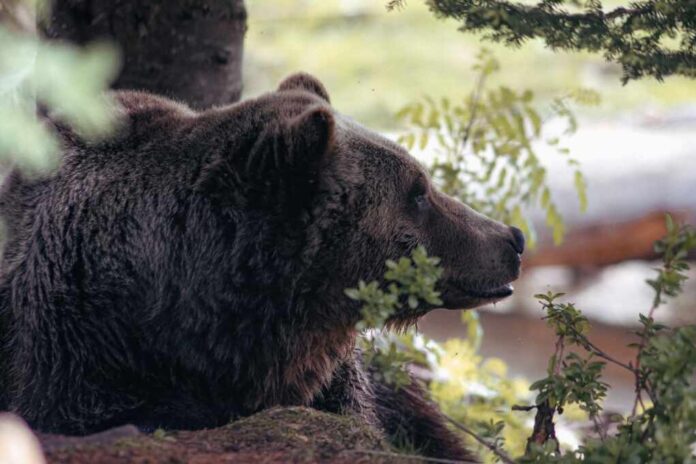
Florida’s black bear hunt saga is not just a wildlife management debate—it’s a battle over who gets to decide the fate of a species that once danced on extinction’s edge and now faces bullets and a lawsuit that could rewrite conservation history.
Story Snapshot
- Conservationists have sued to block Florida’s first black bear hunt in a decade, arguing it’s both unconstitutional and unnecessary.
- The Florida Fish and Wildlife Conservation Commission (FWC) claims the hunt is essential to manage a booming bear population and reduce human-bear conflicts.
- The legal fight is fueled by memories of the controversial 2015 hunt, which saw widespread backlash after hundreds of bears—including mothers with cubs—were killed.
- The outcome could shift how Florida and other states balance science, ethics, and public opinion in wildlife management.
Florida’s Black Bear Comeback Meets a New Crossroads
Florida’s black bear was a conservation poster child, clawing its way back from near disappearance to a robust, estimated 4,000-strong population. But resurgence brings predicaments. The FWC’s decision to approve a December 2025 hunt reignites old battles, with Bear Warriors United leading a legal charge contending that science and state law favor protection, not open season. This is not just about bears; it’s about the boundaries between public will, government authority, and nature’s right to exist on its own terms.
Public memory is still raw from 2015, when Florida’s first bear hunt in decades was cut short after more than 300 bears fell to hunters in just two days. Many were females with cubs. The backlash then forced a moratorium, but the underlying question never died: can hunting reconcile with modern conservation values, or is it a vestige of old-school wildlife management?
Watch: BREAKING: Florida Approves First Bear Hunt in 10 Years Despite Lawsuit – What You Need to Know
The Lawsuit: Science, Rights, and the Struggle for Control
Bear Warriors United’s lawsuit strikes at the heart of the FWC’s rationale. The group maintains that the real culprit behind human-bear conflict is not the bears themselves, but relentless urban sprawl, unsecured trash, and habitat loss. They argue the hunt violates the Florida Constitution’s mandate to protect native wildlife and fails to address the root causes of increased bear encounters. Their legal action is more than symbolic: it seeks to halt the hunt by challenging its scientific and ethical underpinnings in court.
FWC, for its part, leans on population studies and reports of growing human-bear run-ins, particularly in communities sprawling into bear habitat. Their commissioners, backed by some local officials and landowners, insist the hunt is a necessary tool to keep bears and people out of each other’s crosshairs. FWC Chair Rodney Barreto has declared, “We make decisions based on science,” a statement that now faces the scrutiny of both the courts and the court of public opinion.
Conservationists have filed a lawsuit to halt Florida’s first black bear hunt in a decade, arguing that the hunt scheduled for December is unconstitutional and contradicts the state’s own policy protecting native species. https://t.co/JicypYTY0Q
— WSVN 7 News (@wsvn) September 20, 2025
What’s Next: Precedent, Policy, and the Battle for Florida’s Wild Future
The court’s decision on Bear Warriors United’s lawsuit will not only determine the fate of this year’s hunt—it could set precedent for how Florida, and potentially other states, balance wildlife management with public values and constitutional rights. If conservationists prevail, it may embolden legal challenges to similar hunts elsewhere and pressure agencies to prioritize non-lethal solutions like habitat protection and community education.
If the hunt moves forward, the backlash could be fierce, potentially triggering new rounds of litigation, protests, and legislative proposals. Meanwhile, Florida’s black bears remain caught in the middle, their future shaped by forces far removed from the quiet forests they call home. The outcome will echo for years, a test case for whether modern conservation can accommodate both people and predators—or if one must always give way to the other.
Sources:
ABC News
Tampa Bay Times
News-Journal Online

























